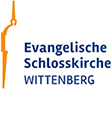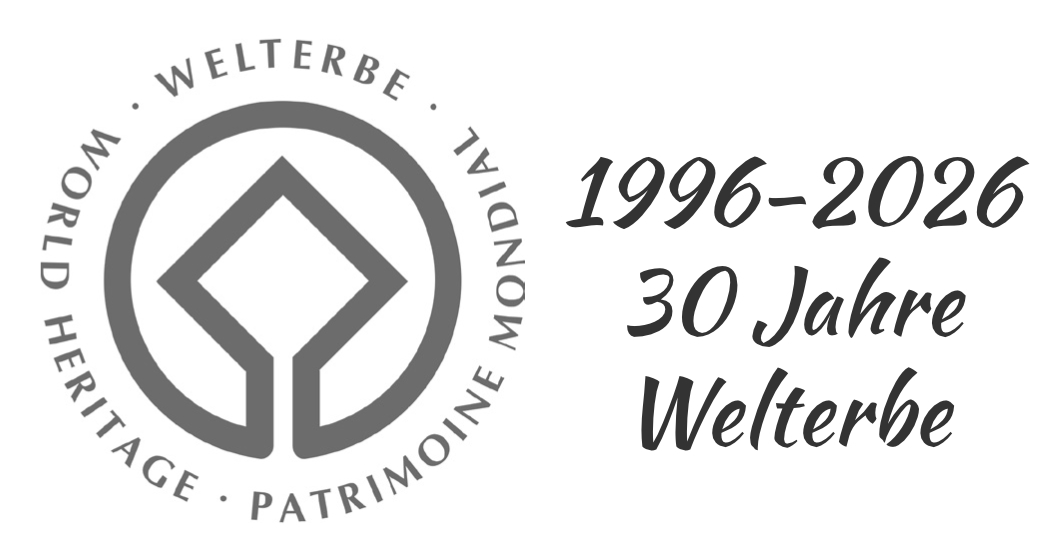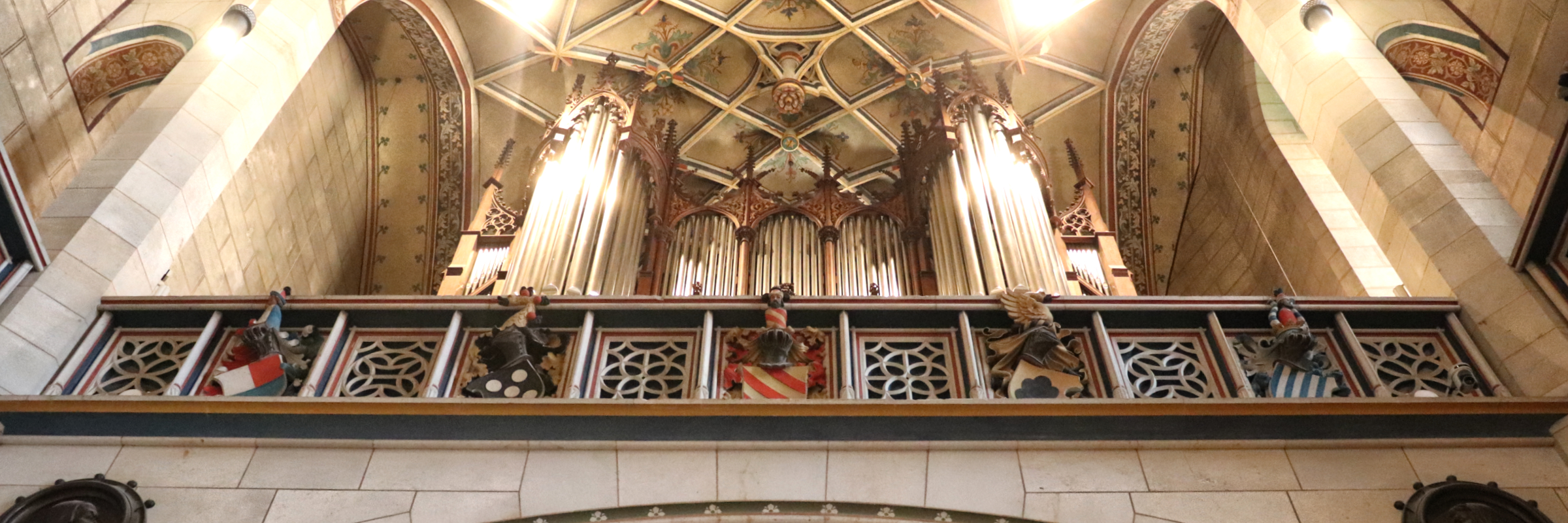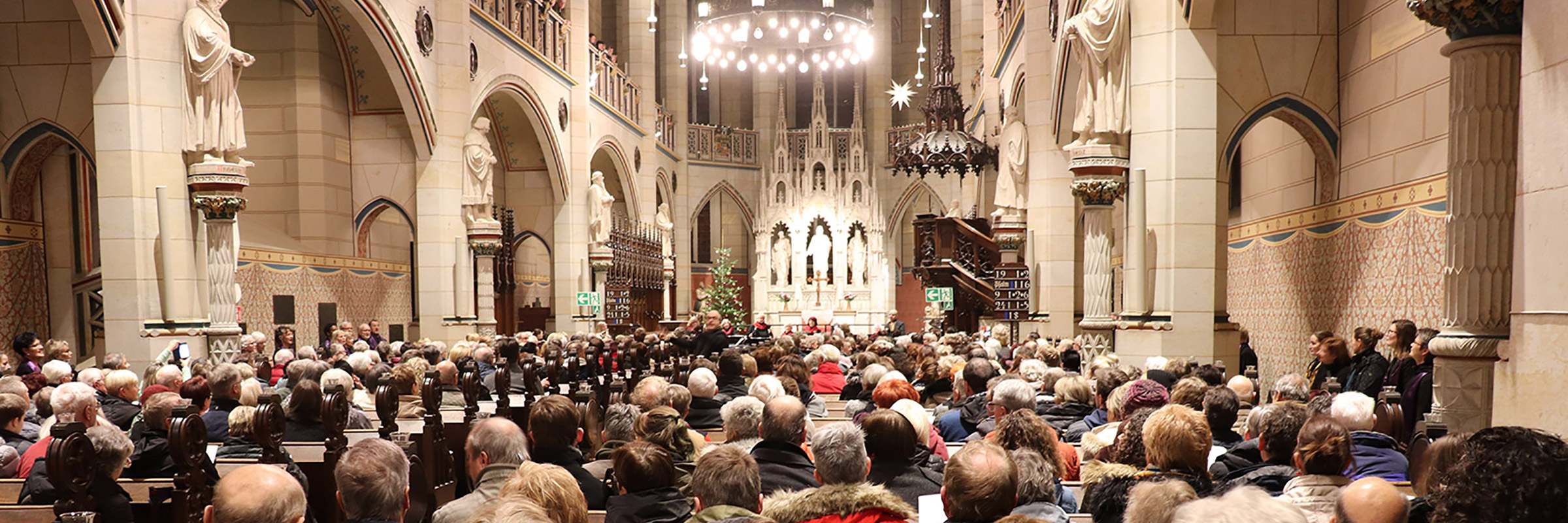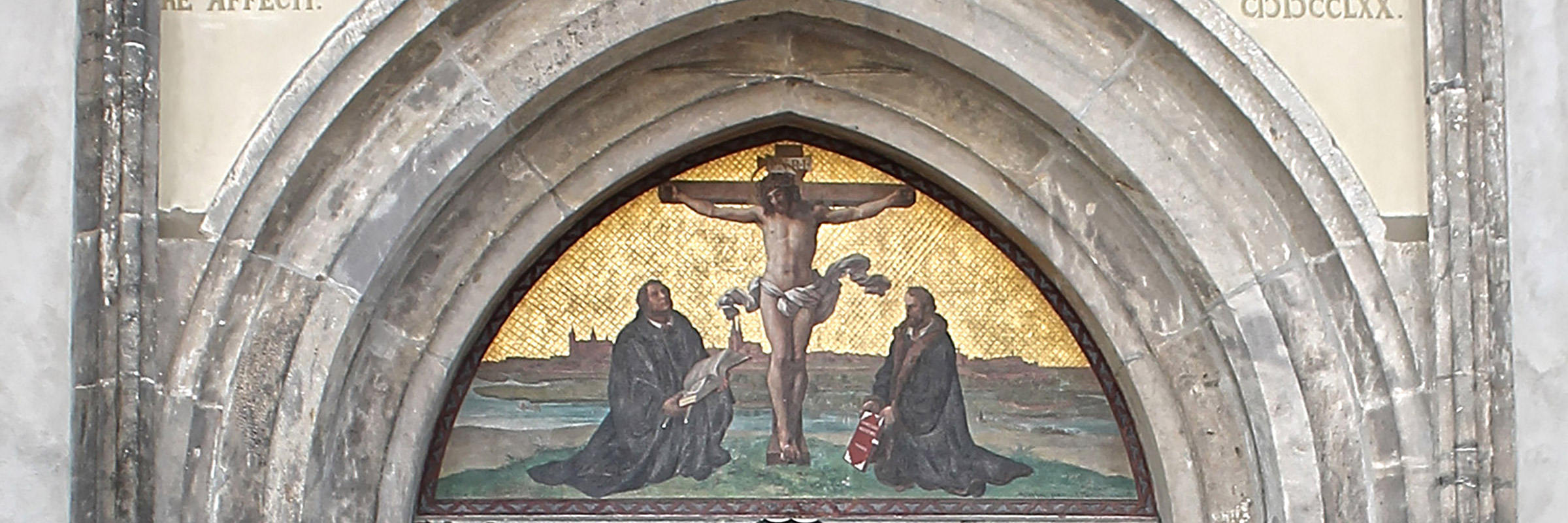Events Calendar
Tuesday, December 21th | 9:00 p.m. | Castle Church
NEW YEAR'S EVE CONCERT
Saxophone and organ
Contemplative and cheerful from the Baroque to the present
Frank Liebscher, saxophone
Ulrich Hirtzbruch, organ
Birgit Neumann-Becker, spiritual impulse
Admission: 20 € / 16 €, reduced 16 € / 12 €
Advance booking: www.reservix.de
and at the Tourist Information
Schlossplatz 2, 06886 Lutherstadt Wittenberg,
and all other Reservix advance booking offices
Frank Liebscher (saxophone) and Ulrich Hirtzbruch (organ) present original works and their own arrangements by Loeillet, Böhm, Bach, Mozart, Balbastre, Dubois, Rutter and others. Look forward to well-known and popular works such as J.S. Bach's Air and W.A. Mozart's Adagio from the Clarinet Concerto, Christmas chorales and Noël Variations and waltz sounds by Shostakovich. Experience live music in the choir area and on the organ loft.
On Ash Wednesday, February 18, 2026, the Protestant Lenten campaign "7 Weeks Without" begins. Until April 6, under the motto "Feeling! Seven Weeks Without Harshness," it invites participants to consciously experience Lent. The focus is on compassionate interaction: perceiving the pain of others, offering support, and discovering new ways of being together. Harshness can manifest itself in many ways in everyday life: in harsh words, in situations that hurt us or leave us speechless. Often, we put on our own armor to protect ourselves—and yet realize how much this distances us from one another. The "7 Weeks Without" Lenten campaign invites us to take a different path in 2026. Further information is available at https://7wochenohne.evangelisch.de/ [Photo: Jodie Griggs / Getty Images]
30 Years of World Heritage
In 1996, the castle church was inscribed on the UNESCO World Heritage List as an almost completely preserved prime example of 19th-century monument preservation. From 2012 to 2016, it was renovated and restored with funding from the State of Saxony-Anhalt, the Federal Republic of Germany, the European Union, and private donors.


